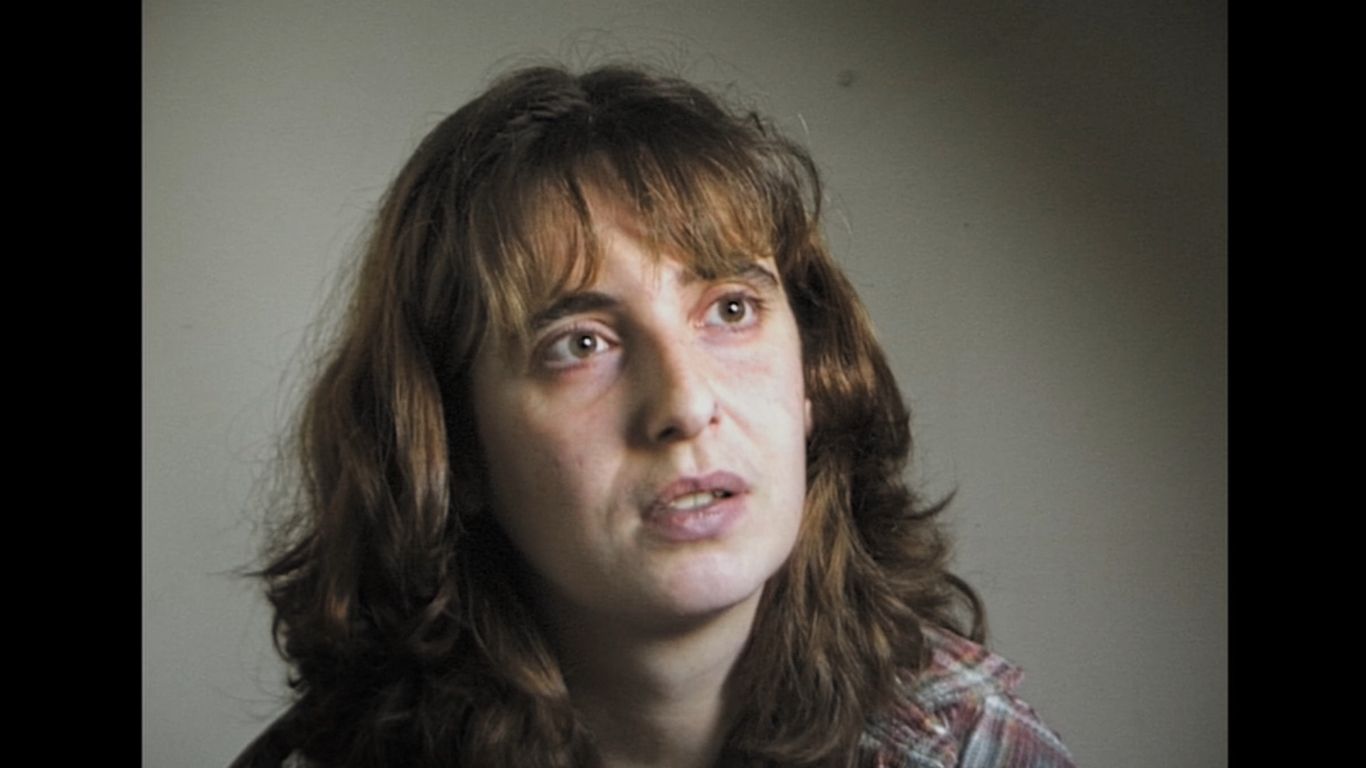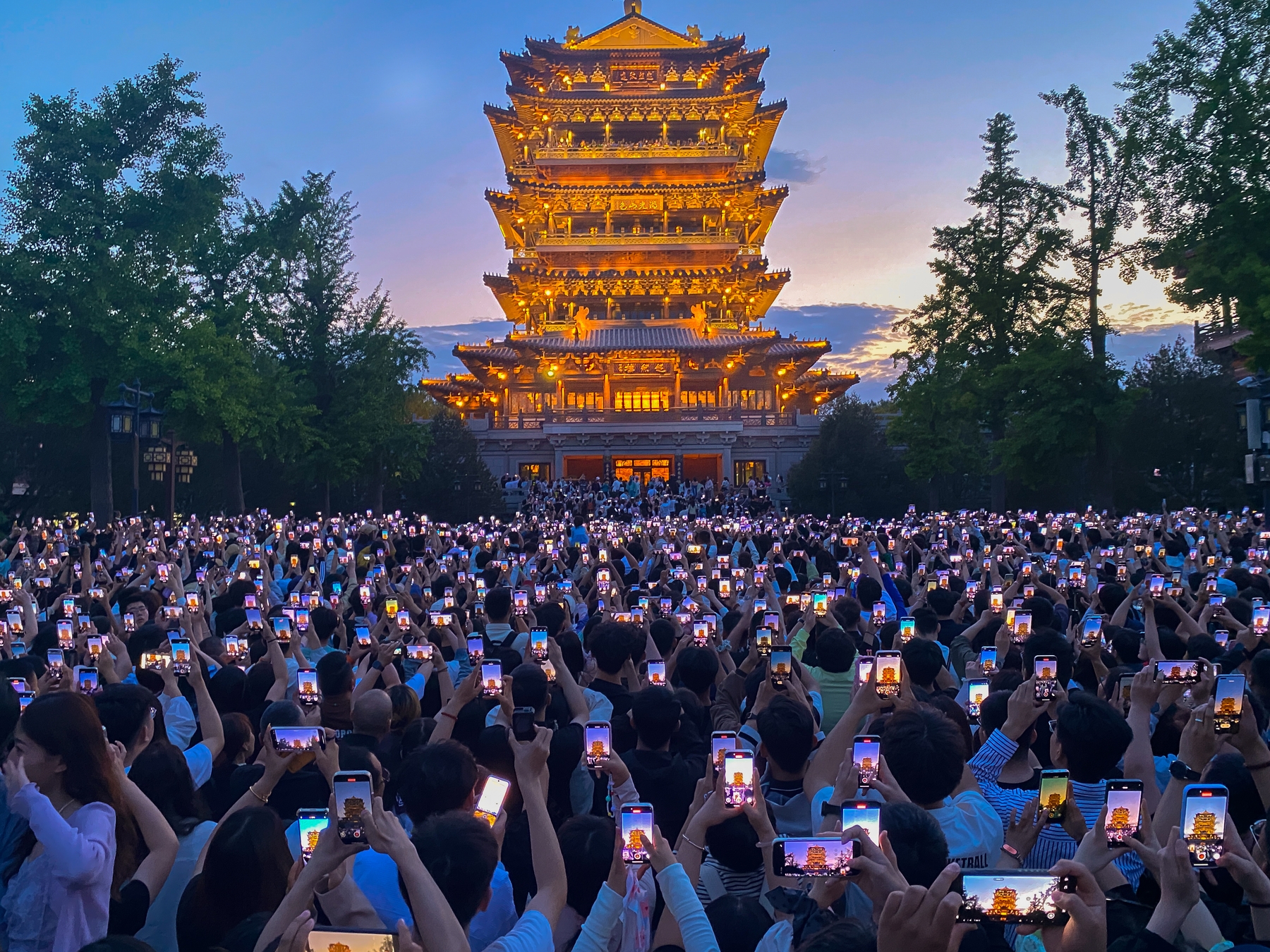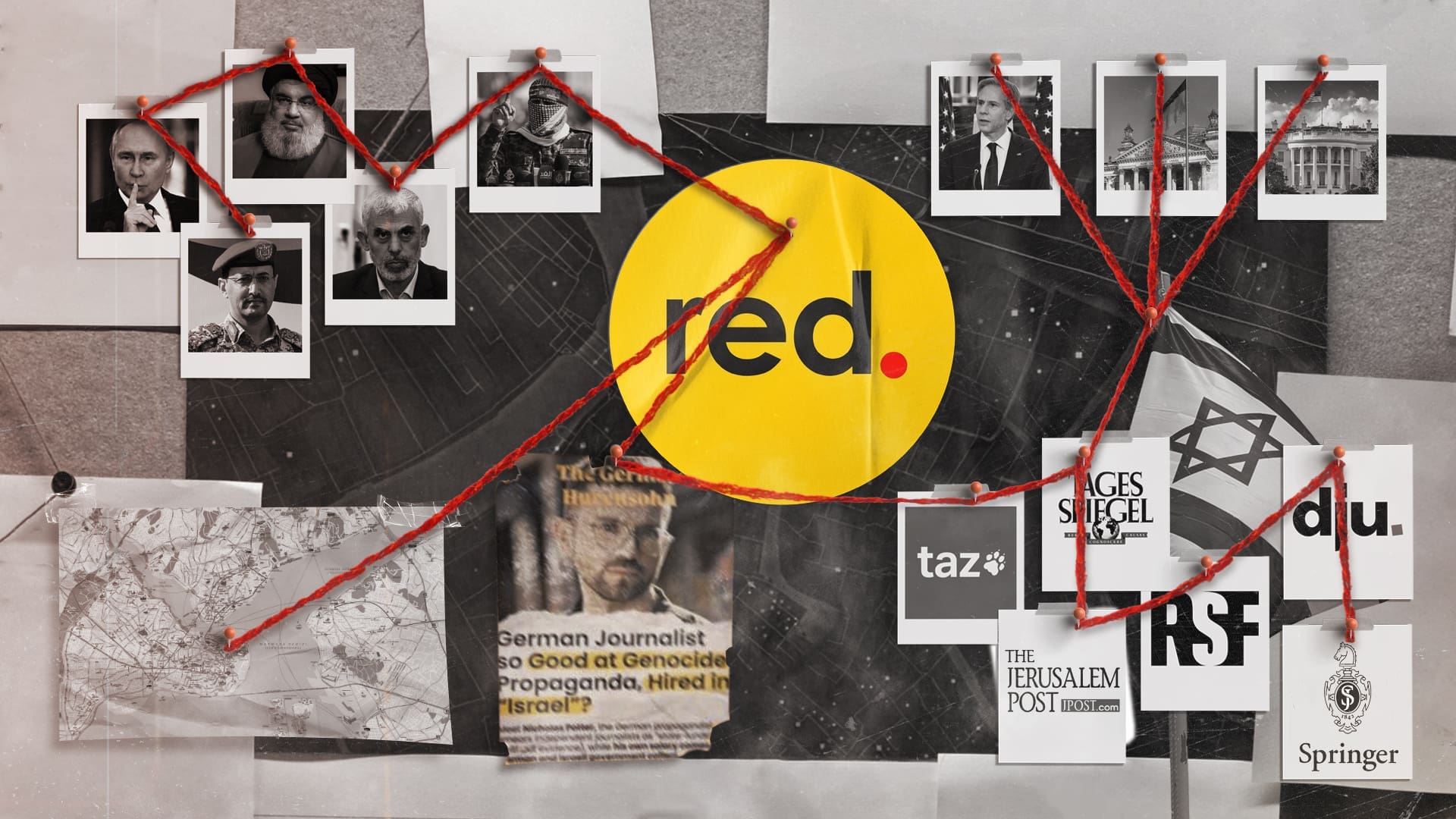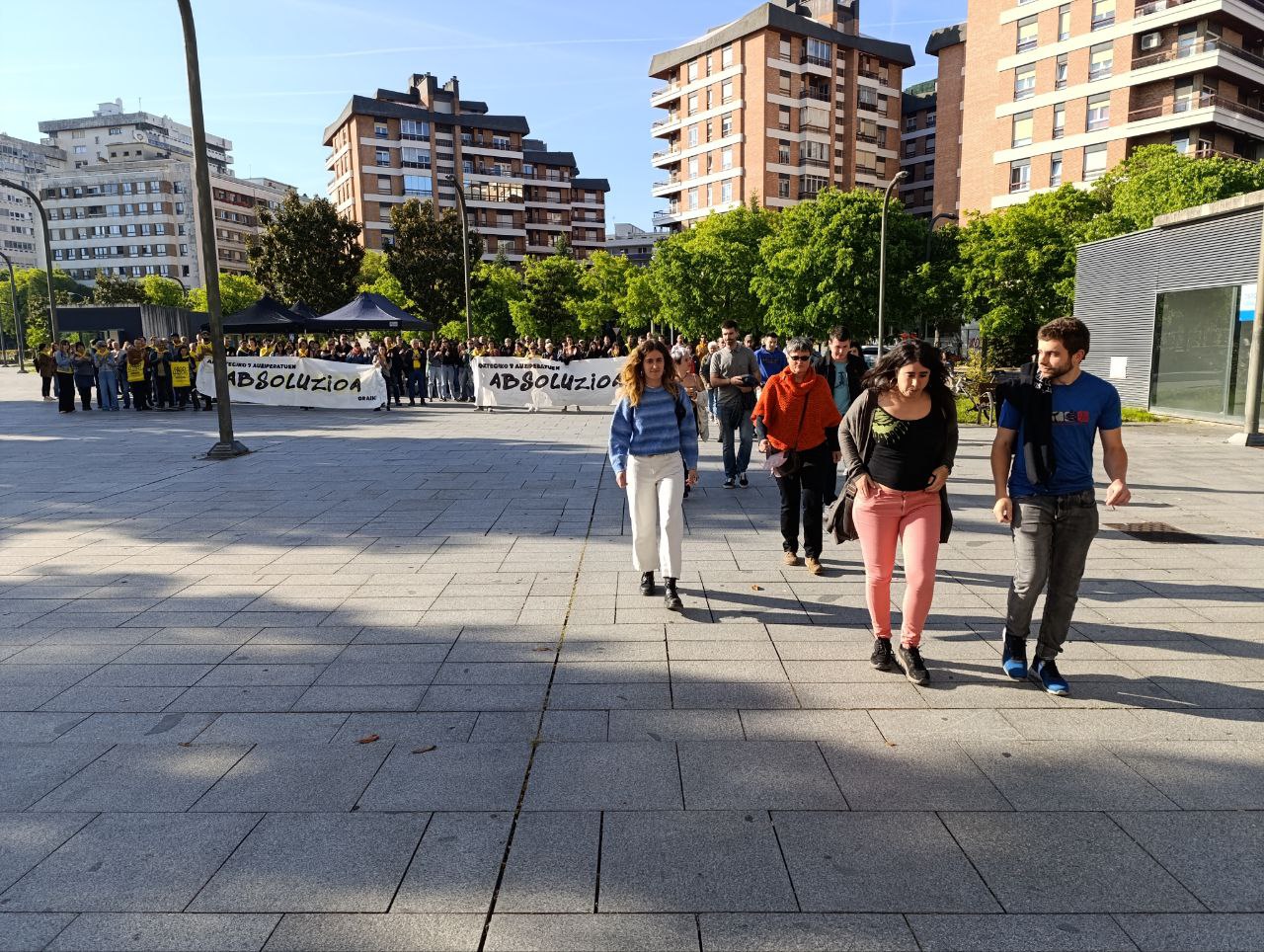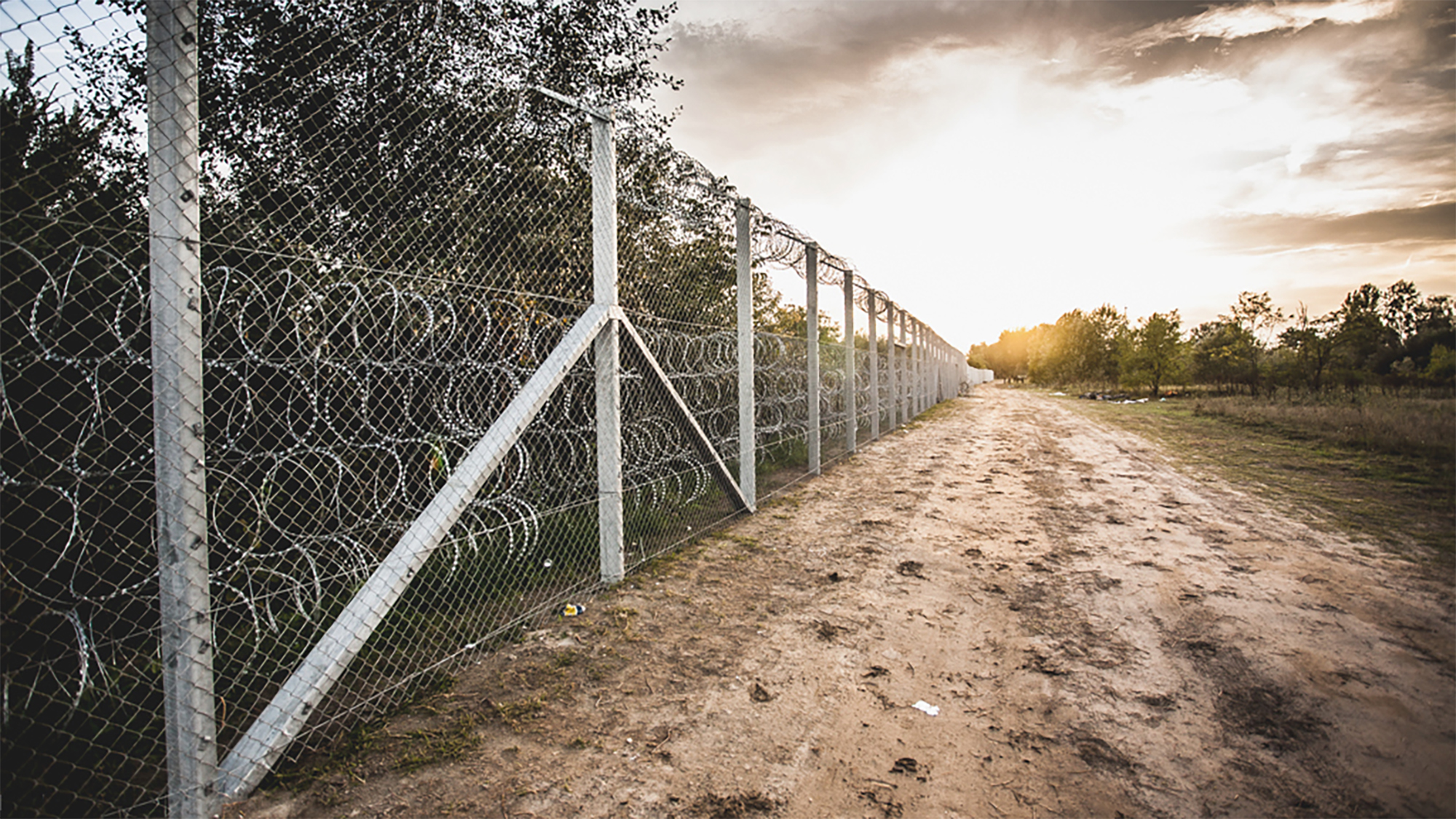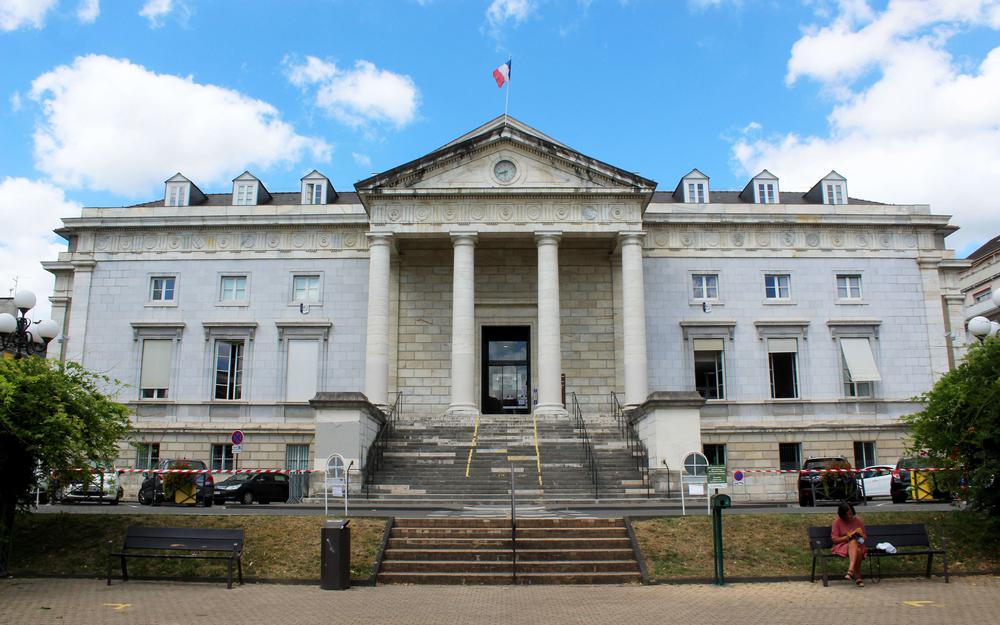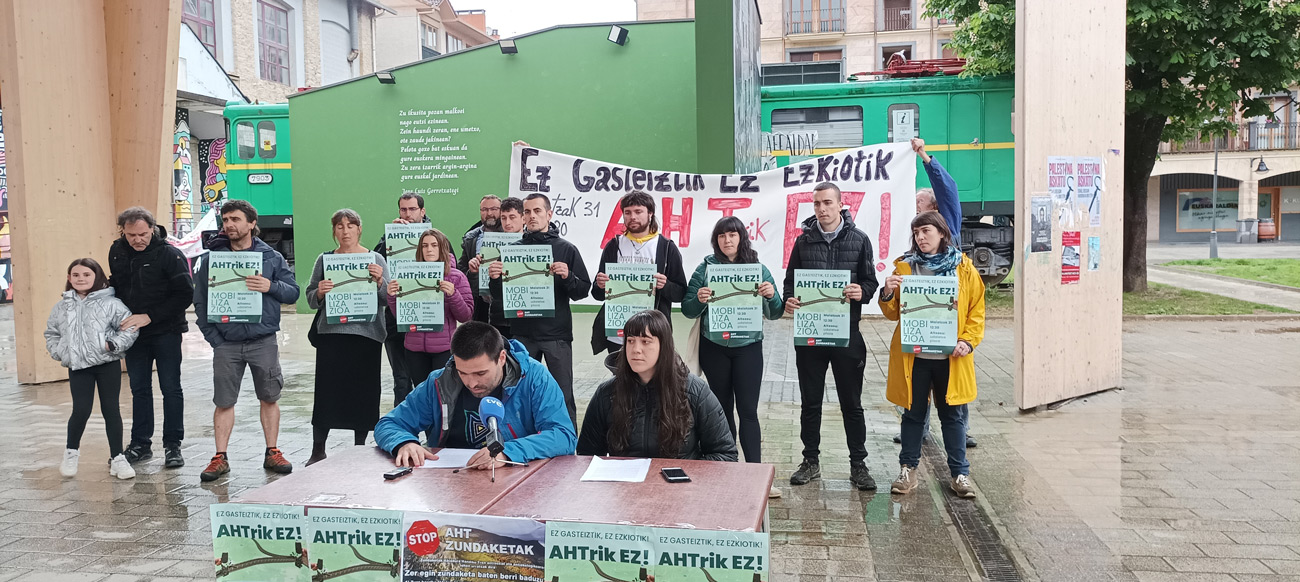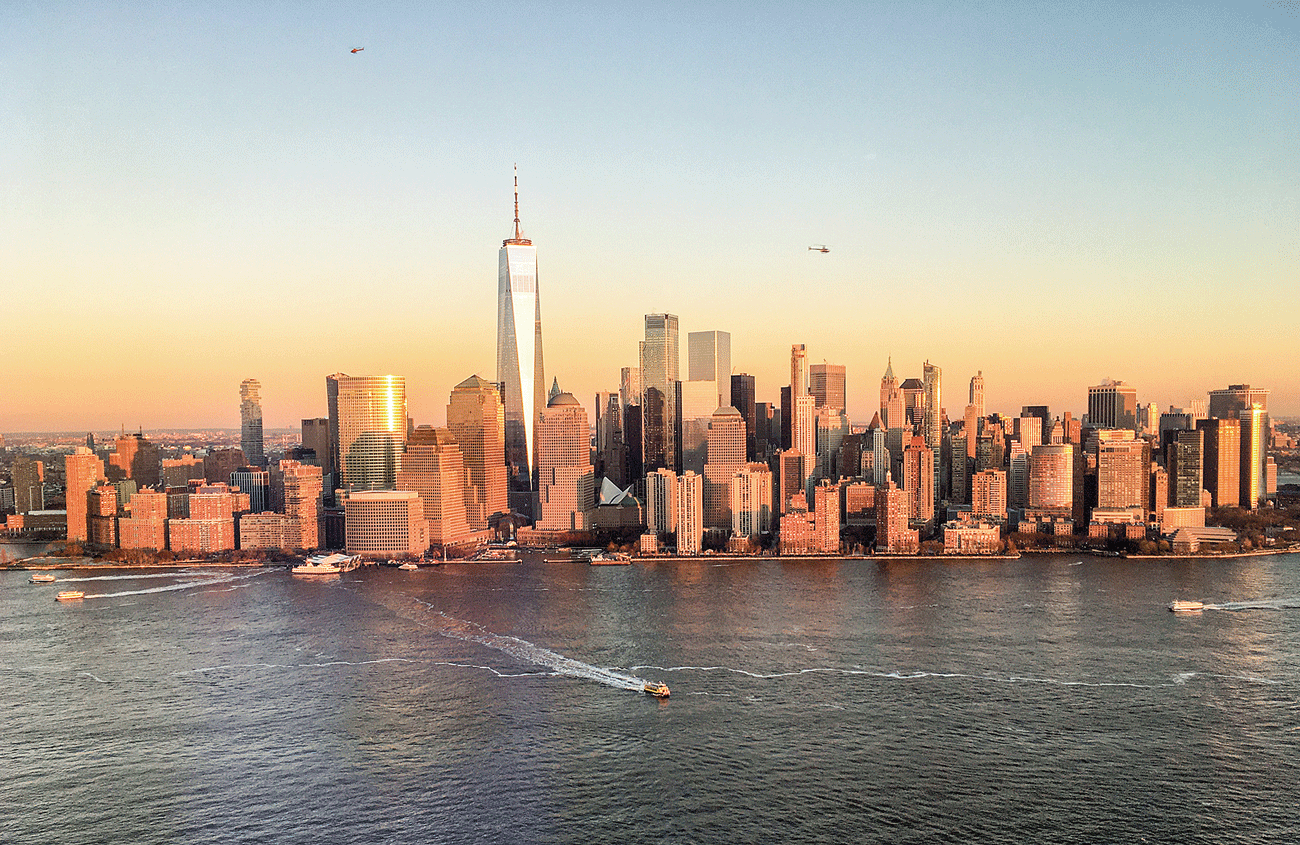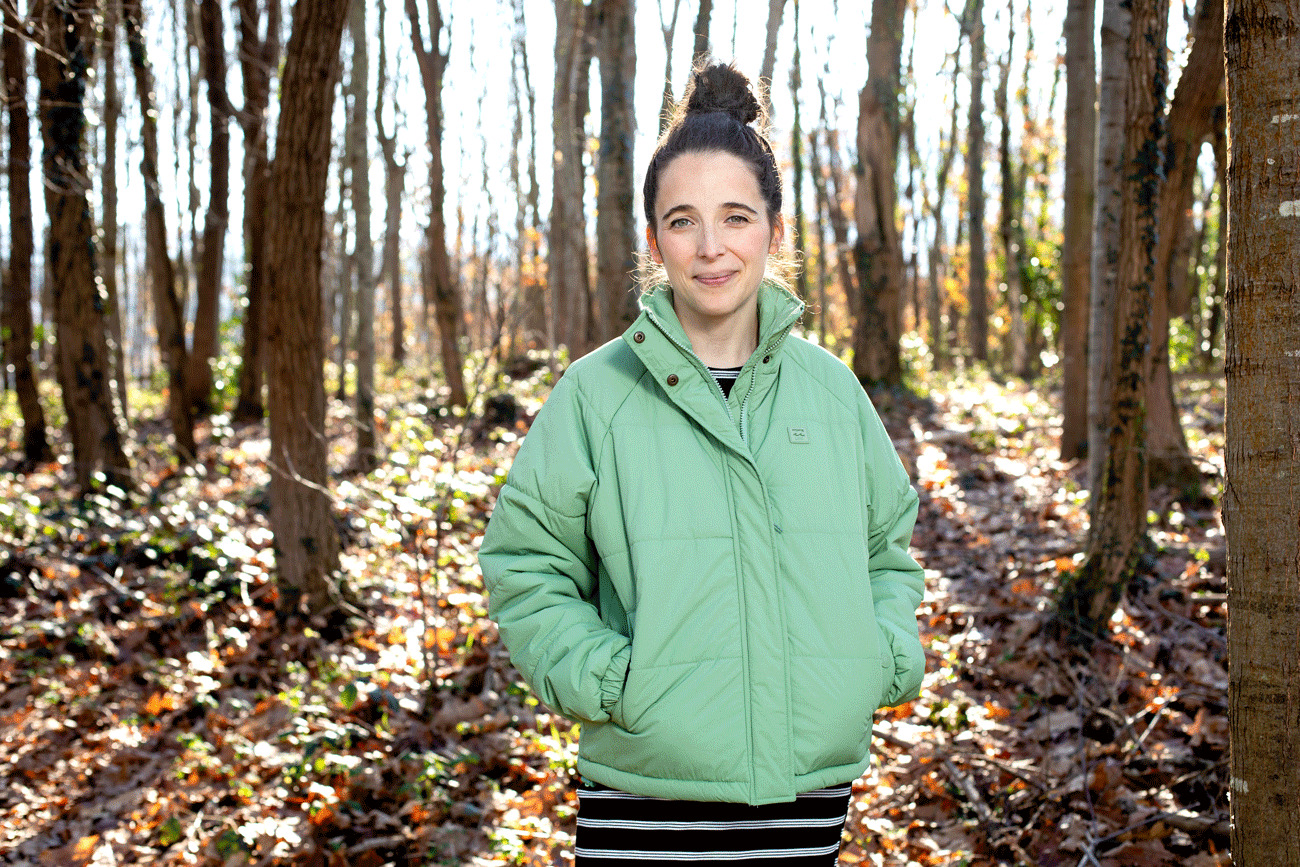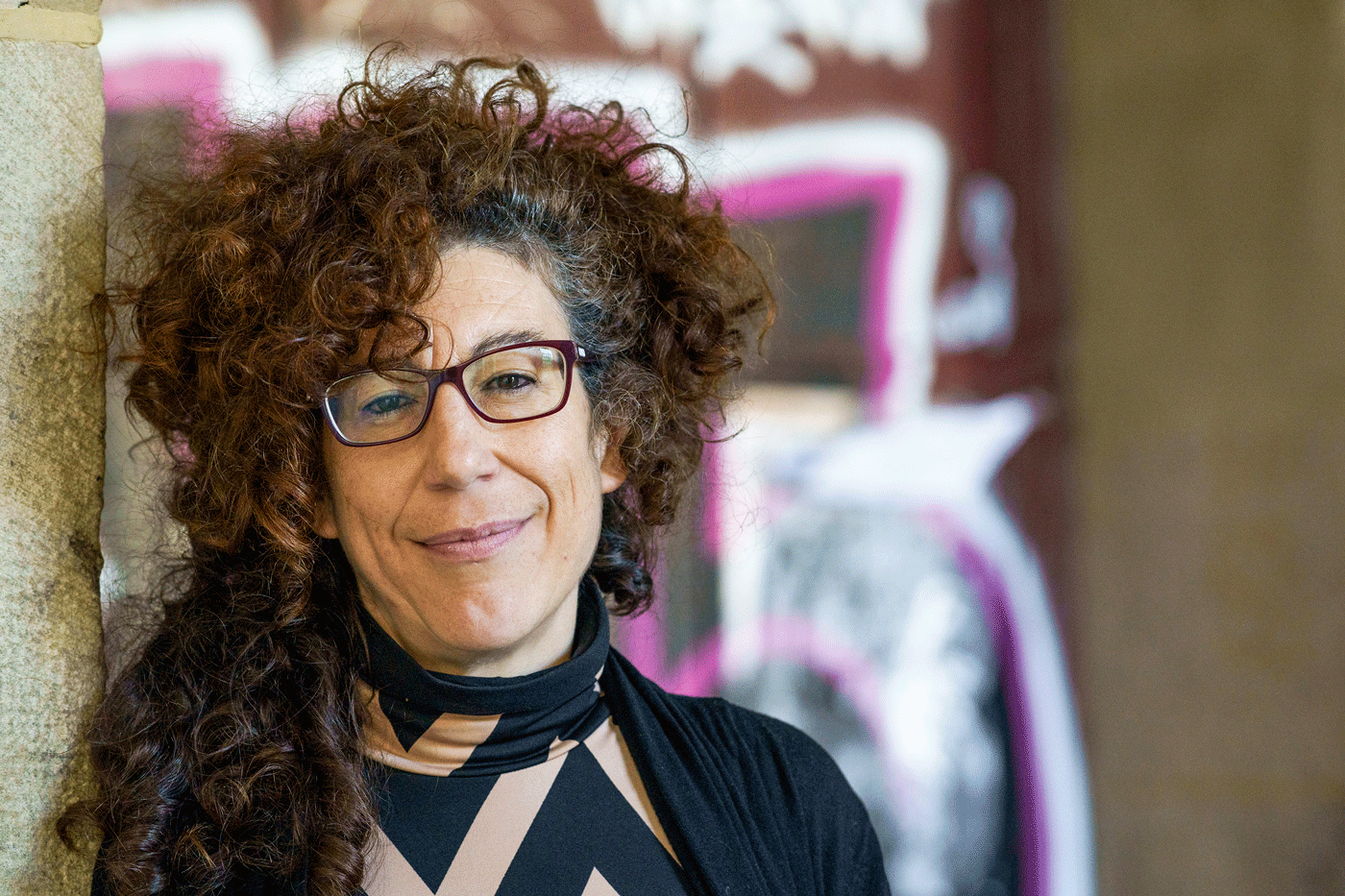Most new drugs, not so new.
“In addition to starting to soften regulations, there was another important change in the 1980s: marketing departments took control of pharmaceutical rather than science laboratories,” says Juan Erviti. The result would be a behavior that is often reproached to the pharmacoindustry: making the largest investment in promotion and risking little in the production of medicines that would involve real advances, but which are difficult to develop and costly.
Thus, many authors have emphasized that most of the new drugs launched by pharmaceutical companies are simple variants of existing ones that represent a very small therapeutic improvement or, as we have seen, sometimes not even that. You use the phrase "me too" in English to call them.
“In this way, they produce the new products quite easily, under the protection of a 20-year patent,” explains Erviti, “if they manage to set a high selling price, they make a lot of money. According to the Department of Health of the Government of Navarra, 85% of what goes to the market is of this type of products. “The remaining 15% are very good medicines, but what people don’t know is that about two-thirds of them are developed by the U.S. public system, not by private laboratories.”
In EE.UU. A lot of public money is being made available for the development of medicines, and the law allows the officials who have developed the molecule to sell the patent to a private company without the government getting a penny. “With this system, pharmacies buy cheap and sell it at a very high price,” explains Juan Erviti, “constantly observing what they do in U.S. universities and public centers.”
Another consequence is that there are too many medicines. “In Spain, the public system finances 10,000 drugs,” explains the pharmacologist Joan Ramón Lapor,“but only about 400 are needed. Who is capable of knowing 10,000 things well?”
Historically, a court of the Spanish Monarchy passed the following resolution: "The officers in charge of the custody of Iratxe Sorzabal applied electrodes to force him to testify, which constitutes a flagrant violation of his fundamental human rights." In other words, after the... [+]
Berria izateari utzi dio: beroketa globalak bi graduak gaindituko ditu, eta gainditze horrek ondorio oso garestiak ditu. Klimaren gaia tabu bilakatzen ari den testuinguru berri honetan, banketxe handiek ez dute horri buruz komunikatzen, baina arazoaz ongi jabetu dira eta... [+]









